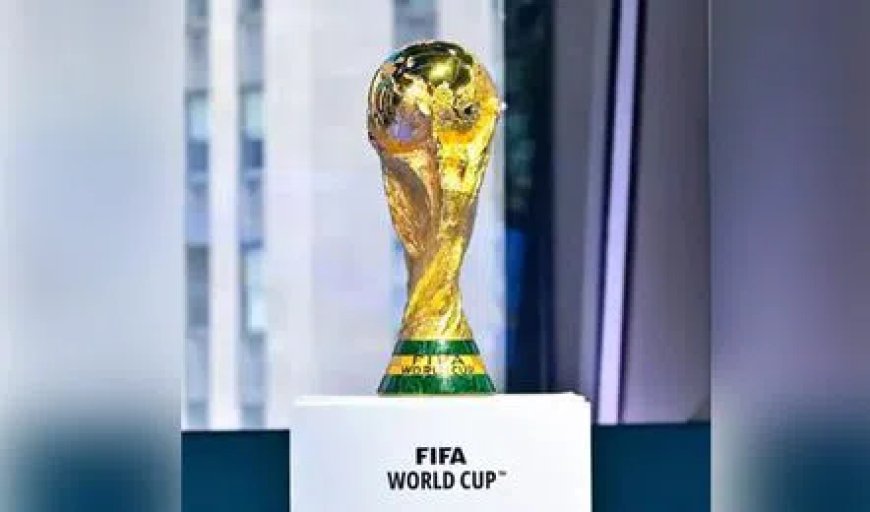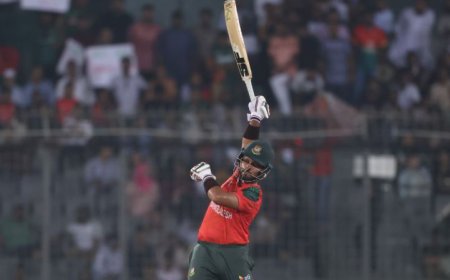FIFA has selected Saudi Arabia as the host for the 2034 World Cup
Spain, Portugal, and Morocco will co-host the 2030 World Cup.

FIFA has officially appointed Saudi Arabia as the host for the 2034 World Cup, marking a significant achievement for the Gulf nation as it continues its ambitious investments in global sports under the leadership of Crown Prince Mohammed bin Salman.
Saudi Arabia's bid was uncontested, and the decision was confirmed during an online FIFA meeting led by President Gianni Infantino. The announcement was met with unanimous approval, as over 200 member federations expressed their support virtually.
“The vote of the congress is loud and clear,” Infantino stated, expressing confidence in Saudi Arabia's ability to host a tournament that meets global expectations and serves as a “catalyst for positive social change and unity.”
Additionally, the plan for the 2030 World Cup was finalized, with Spain, Portugal, and Morocco selected to co-host the event, while Argentina, Paraguay, and Uruguay will host three matches to celebrate the centenary of the tournament.
Saudi Arabia’s hosting plans include extensive infrastructure development, such as the construction and renovation of 15 stadiums, upgrades to transportation networks, and the creation of new accommodations, all aligned with the Vision 2030 modernization strategy. One proposed stadium in the futuristic city of Neom will be located 350 meters above ground, while another near Riyadh will be perched atop a 200-meter cliff.
Crown Prince Mohammed bin Salman expressed his vision for an "exceptional and unprecedented" tournament, emphasizing Saudi Arabia's ability to bring together global football fans. However, the decision has faced strong criticism from human rights groups, with Amnesty International calling it a “moment of great danger” for workers, particularly migrant laborers from South Asia.
“FIFA’s reckless decision to award the 2034 World Cup to Saudi Arabia without ensuring proper human rights protections will put countless lives at risk,” said Steve Cockburn, Amnesty International’s Head of Labor Rights and Sport.
Critics argue that FIFA has failed to address concerns regarding Saudi Arabia’s human rights record, which has been criticized at the United Nations earlier this year. Many also view the kingdom's substantial spending on sports as an attempt to deflect attention from these issues, a practice often referred to as “sportswashing.”
Saudi Arabia’s increasing influence in global football includes sponsorship deals, investments in European clubs, and lucrative player contracts. The kingdom has also secured significant partnerships with FIFA, such as Aramco’s sponsorship and support for the 2025 Club World Cup in the United States.
Looking ahead, FIFA will need to determine the tournament’s schedule, with January 2034 being a potential option to avoid the extreme summer heat, Ramadan, and other international events. Despite the controversies, Saudi Arabia’s financial and political ties with FIFA appear to have cemented its role as a major player in the world of football.
What's Your Reaction?




















































































